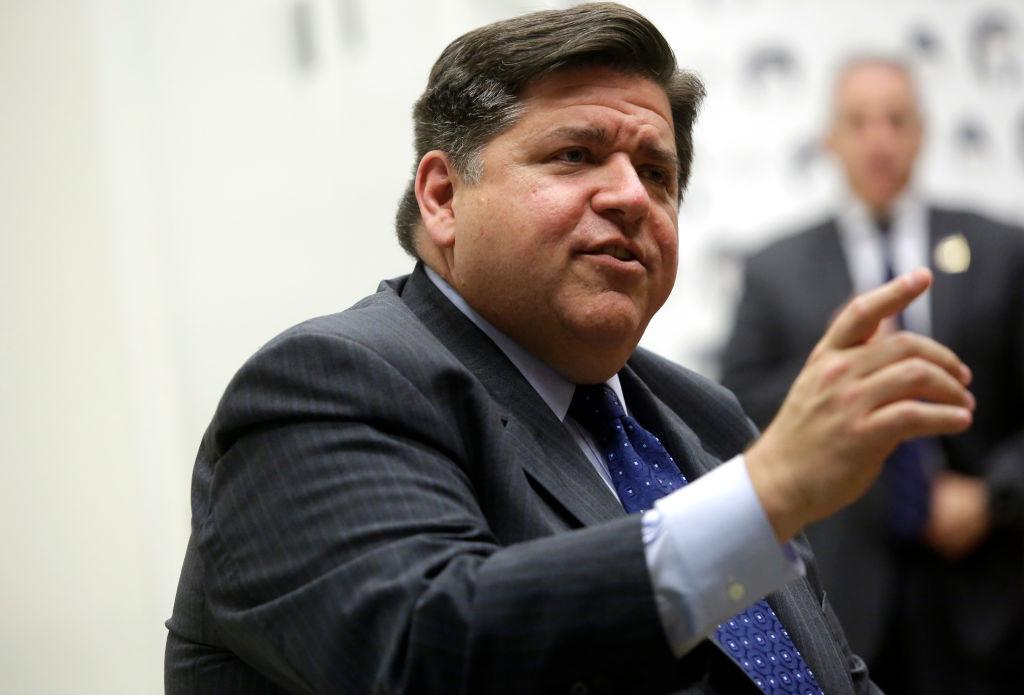CHICAGO—Illinois Governor J.B. Pritzker has commuted the sentences of seven convicted murderers amid the COVID-19 pandemic, according to documents sent to The Epoch Times by the Illinois Prisoner Review Board.
Six of them are now out on parole, some of them having served less than half of their sentences.





